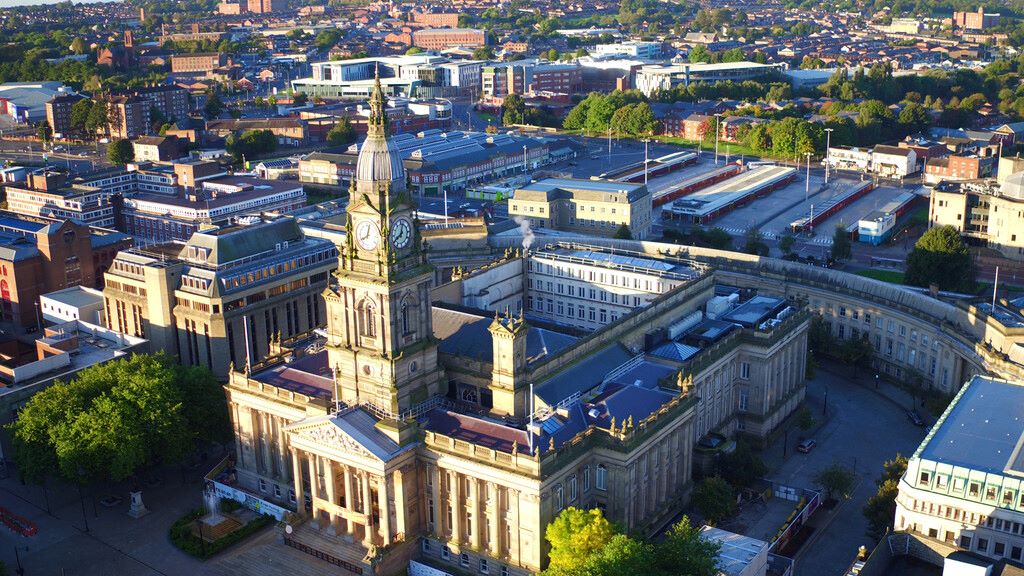Financial support from the Green Heat Network Fund will unlock the funding needed for the Bolton District Heating Network. This innovative project aims to harness the warmth from the sewers running beneath the town centre by using a heat pump.
The sewers in Bolton are heated by the water used in everyday activities such as washing machines, showers, baths, and kitchens. The cutting-edge technology of this project will capture this wasted warmth and distribute it to nearby buildings.
By doing so, it is estimated that the heat network will reduce carbon emissions by 123,000 tonnes over a span of 40 years. This reduction is equivalent to taking 15,000 cars off the road, resulting in a 75% decrease in emissions.
In addition to the heat pump, the project will also utilize an air source heat pump to further expand the network’s capacity across Bolton.
The low carbon heating provided by this scheme will benefit a variety of public buildings, residential properties, and commercial establishments. These include Bolton Town Hall, the central library, Le Mans Crescent, social housing developments, and the University of Bolton.
Furthermore, the heat network will also connect to various newly constructed residential developments, creating energy-efficient and sustainable homes for future residents.
Cllr. Richard Silvester, Bolton Council’s Executive Cabinet Member for Climate Change and Environment, expressed his full support for the district heat network, stating:
“I am fully behind and supportive of Bolton’s proposed district heat network.
“This will be an innovative and ambitious way to reduce greenhouse gas emissions and improve air quality in Bolton town centre.
“It will be a major project as part of the council’s climate change strategy.
“It will generate energy that is not only clean and green, but also affordable, lowering energy bills for all connected customers and increasing energy security and resilience.
“The scale of this project demonstrates the council’s commitment to a low carbon future for Bolton and the wider city-region, delivering on our climate emergency obligations, and we expect it to benefit residents and businesses in Bolton town centre, as well as helping to attract new investment that will boost jobs and regeneration.”
